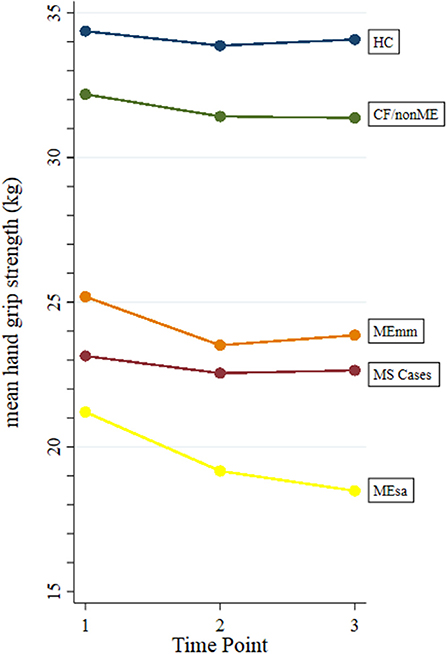The best-studied genes associated with athletic performance are
ACTN3 and
ACE. These genes influence the fiber type that makes up muscles, and they have been linked to strength and endurance. The ACTN3 gene provides instructions for making a protein called alpha (α)-actinin-3, which is predominantly found in fast-twitch muscle fibers. A variant in this gene, called R577X, leads to production of an abnormally short α-actinin-3 protein that is quickly broken down. Some people have this variant in both copies of the gene; this genetic pattern (genotype) is referred to as 577XX. These individuals have a complete absence of α-actinin-3, which appears to reduce the proportion of fast-twitch muscle fibers and increase the proportion of slow-twitch fibers in the body. Some studies have found that the 577XX genotype is more common among high-performing endurance athletes (for example, cyclists and long-distance runners) than in the general population, while other studies have not supported these findings. The 577RR genotype is associated with a high proportion of fast-twitch fibers and is seen more commonly in athletes who rely on strength or speed, such as short-distance runners.
The ACE gene provides instructions for making a protein called angiotensin-converting enzyme, which converts a hormone called angiotensin I to another form called angiotensin II. Angiotensin II helps control blood pressure and may also influence skeletal muscle function, although this role is not completely understood. A variation in the ACE gene, called the ACE I/D polymorphism, alters activity of the gene. Individuals can have two copies of a version called the D allele, which is known as the DD pattern, two copies of a version called the I allele, known as the II pattern, or one copy of each version, called the ID pattern. Of the three patterns, DD is associated with the highest levels of angiotensin-converting enzyme. The DD pattern is thought to be related to a higher proportion of fast-twitch muscle fibers and greater speed.
Many other genes with diverse functions have been associated with athletic performance. Some are involved in the function of skeletal muscles, while others play roles in the production of energy for cells, communication between nerve cells, or other cellular processes.

